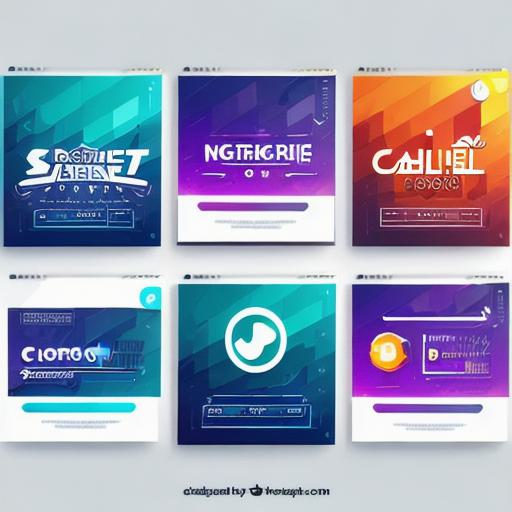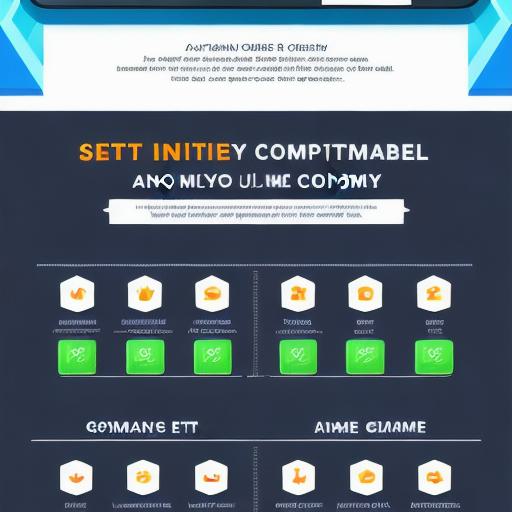Mobile game development is a booming industry, and choosing the right game engine can significantly impact your project’s success. Unity, a versatile and powerful game engine, has emerged as a popular choice among mobile game developers due to its flexibility and cross-platform compatibility. In this text, we will delve into how Unity can help you build once and deploy anywhere for mobile games.

**Why Choose Unity for Mobile Game Development?
**
Unity is an ideal choice for mobile game development due to its:
1. **Cross-Platform Compatibility**: Unity supports multiple platforms, including iOS, Android, Windows Phone, and more. By developing your game in Unity, you can reach a vast audience without the need for separate builds.
2. **High Performance**: Unity’s built-in optimization features help ensure your games run smoothly on various devices, providing an optimal gaming experience.
3. **Rich Feature Set**: Unity offers a wide range of powerful tools and components to create engaging 2D and 3D mobile games, such as physics engine, animation system, and multiplayer networking.
4. **Active Community**: With a large and supportive community, you can access numerous resources and assets, saving time and effort in your game development process.
**Building Your Mobile Game with Unity: A Step-by-Step Guide**
1. **Setting Up the Project**: Start by creating a new Unity project for mobile game development. Choose your game’s genre, target platforms, and desired features.
2. **Designing the Assets**: Create or import 3D models, textures, and animations using popular tools like Blender, Maya, or 3ds Max. Unity’s Asset Store offers a wide range of free and paid assets to help you speed up the development process.
3. **Coding the Game Logic**: Use C or JavaScript for writing game logic, scripting user interactions, AI behavior, and more. Unity’s Editor provides a visual representation of your game, allowing for easy debugging and iteration.

4. **Optimizing Performance**: Implement optimization techniques, such as occlusion culling, level of detail (LOD), and texture compression to improve rendering performance on various devices.
5. **Testing and Deployment**: Test your mobile game on multiple devices to ensure it runs smoothly across different hardware configurations. Once satisfied, export the project for each target platform using Unity’s Build Settings and submit it to the appropriate app stores (i.e., Google Play or Apple App Store).
**Summary: Unity – The Game Engine of Choice for Mobile Game Development**
Unity provides mobile game developers with the power, flexibility, and cross-platform compatibility required to build once and deploy anywhere. By utilizing Unity’s rich feature set, active community, and extensive documentation, you can create visually stunning, engaging, and high-performance games that cater to a diverse audience.
So, if your goal is to develop mobile games that run seamlessly across various platforms, consider using Unity as your game engine of choice. With its robust capabilities and dedicated support, you’ll be well on your way to creating exceptional gaming experiences for your users.
